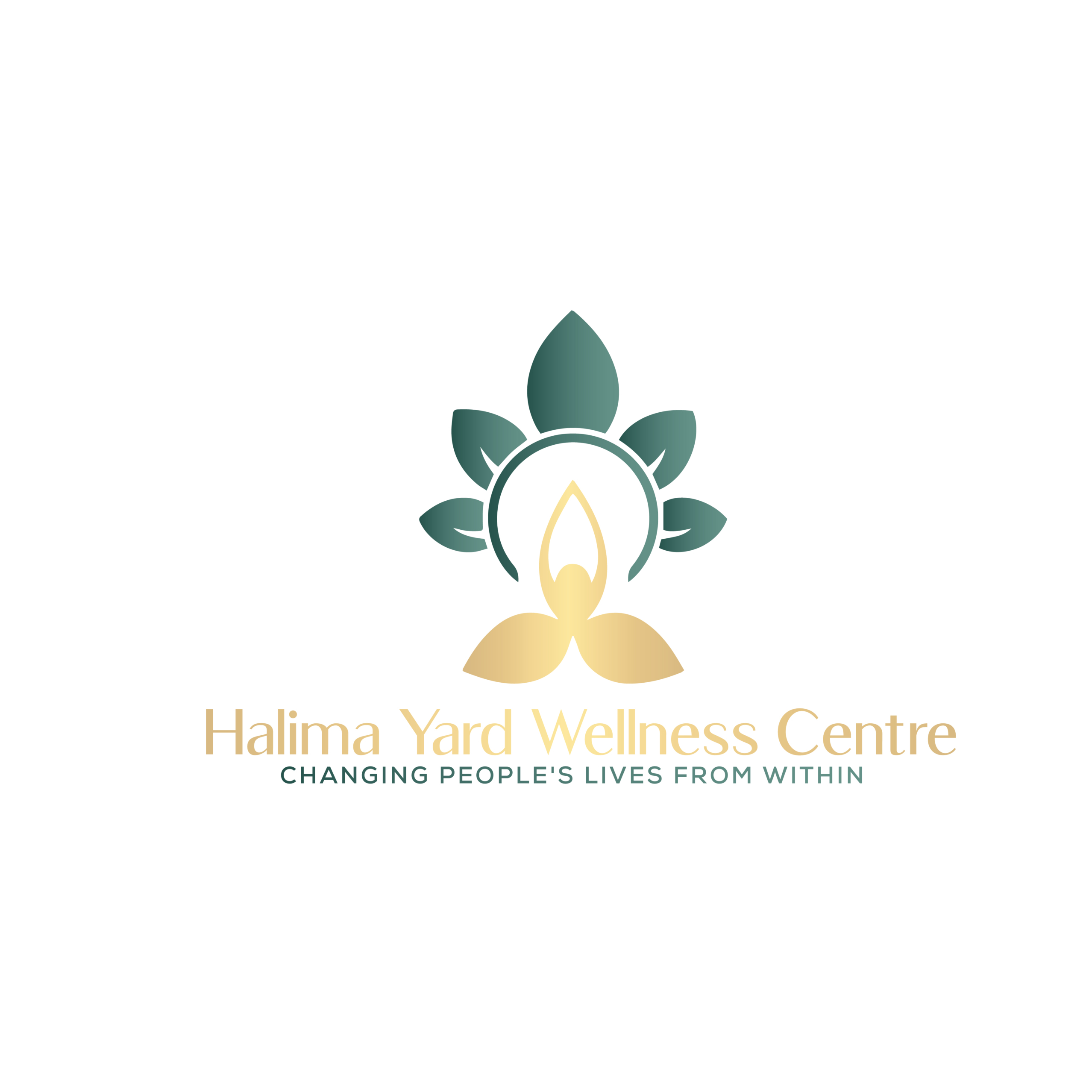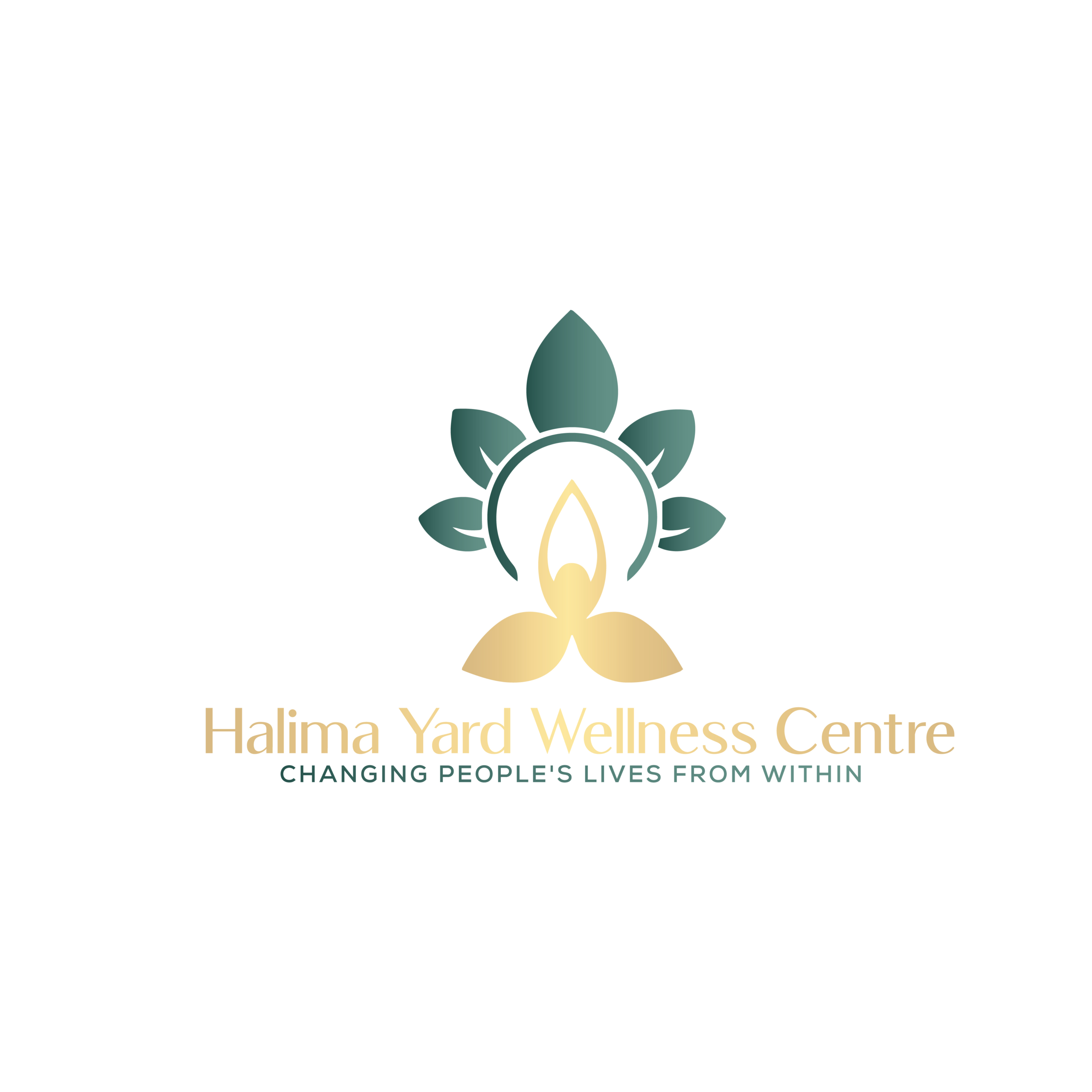Yoga can be a beneficial complementary therapy for individuals experiencing depression, but it should not be considered a standalone treatment. Here are some points to consider:
- Mind-body connection: Yoga emphasizes the connection between the mind and body, incorporating physical postures, breathing exercises, and meditation. This holistic approach can help individuals become more aware of their thoughts, emotions, and physical sensations, which can help manage symptoms of depression.
- Stress reduction: Yoga has been shown to reduce stress and promote relaxation. Regular practice can help lower cortisol levels (the stress hormone) and activate the body’s relaxation response, which can benefit individuals with depression.
- Physical activity: Engaging in physical activity, such as yoga, has been linked to improved mood and increased endorphins, which are natural mood boosters. Regular exercise can also increase energy levels and improve overall well-being.
- Social support: Participating in yoga classes can provide a sense of community and social support, benefiting individuals with depression who may feel isolated or disconnected.
- Self-care and self-compassion: Yoga encourages self-care and self-compassion, essential to managing depression. It promotes self-awareness, self-acceptance, and self-love, which can contribute to overall mental well-being. However,
It’s important to note that yoga should not replace professional treatment for depression. It can be used as a complementary therapy alongside other evidence-based treatments such as medication and therapy. It’s always recommended to consult with a healthcare professional or mental health provider to develop a comprehensive treatment plan that suits individual needs.


